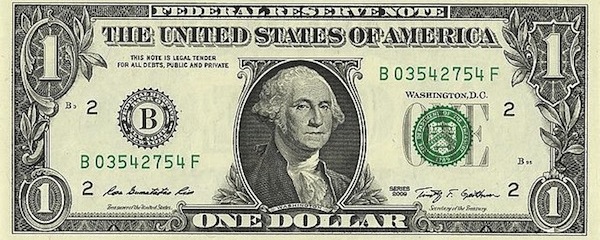Former U.S. deputy assistant Treasury Secretary and economist George R. Tyler, writing for The Globalist, argues that it may take a generation to rally the American people to reorganize corporate governance laws toward a profit model that takes worker pay into account like many other advanced economies do (which has created an international wage gap):
However, ensuring that real U.S. wages rise steadily year after year will require more, including legally linking wages and productivity growth. If a company does very well for itself, some percentage of those profits must be translated into higher wages for employees, rather than merely being plowed into stock buybacks, dividends and executive compensation packages.
[…]
Making that case, however, will be a generational challenge for wage advocates, including Democratic lawmakers. Why generational? The Reaganesque division of gains from growth since the 1980s featuring a war on wages has become institutionalized. American history has shown that once a damaging economic arrangement has been established, it is extraordinarily difficult to uproot.
I highly recommend everyone read the full article from Tyler (and not just because I worked closely on the edits for it). This is an important topic for the future of the U.S. economy, workers, and wages.



